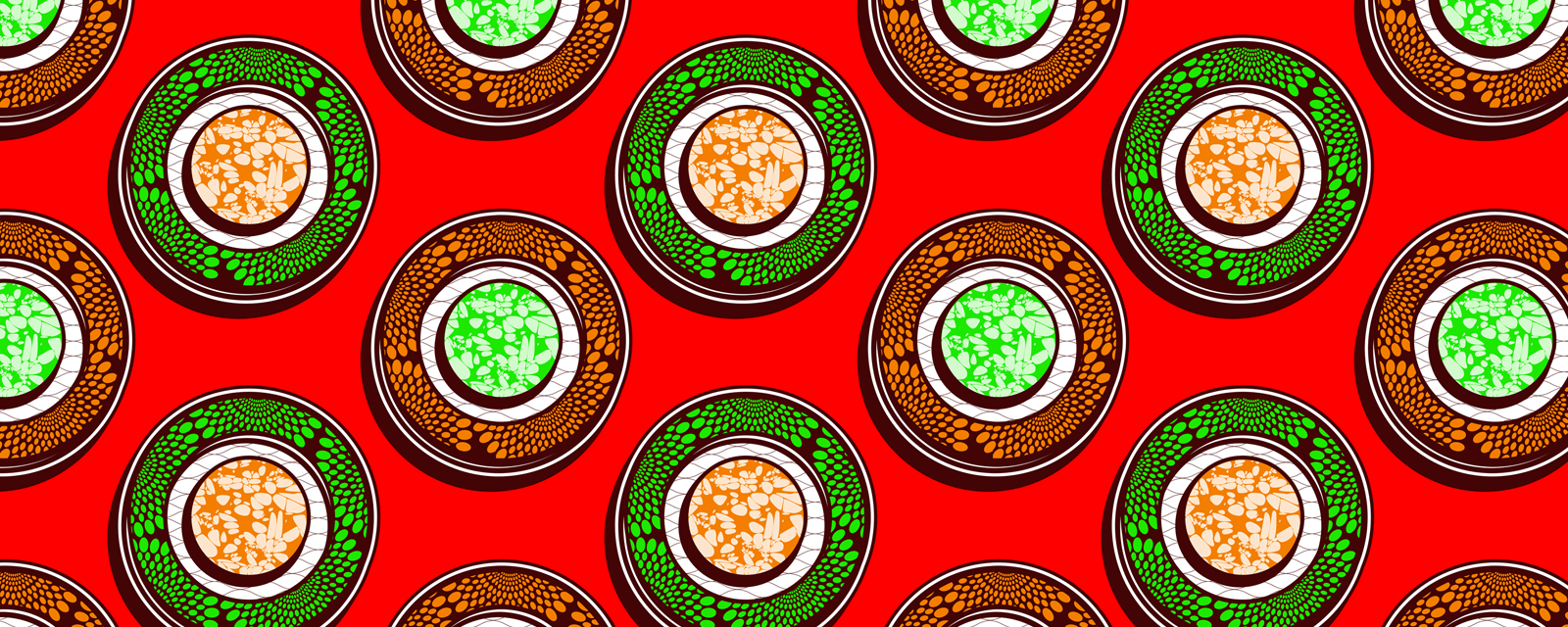The third in a series of six poems by Melikhaya Mbutuma, this poem is set a year later than the second poem (see also part one for the background and four, five and six for the rest).
In 1962, the South Africa government published a constitution for an ‘independent’ Transkei, with Kaiser Matanzima as Chief Minister. For Mbutuma, a fierce traditionalist, his country is at a crossroads.
This poem was recited in July, 1962.
Treat the coming scene with seriousness and respect,
if it be unworthy of your dignity and respect, reject it.
I am saying this to you, detester of foul play, (1)
To you, tearful eyes,
To you, bloody heart,
To you, fearful and hesitant one,
To you, whose spirit is broken.
Shame on you, you generation of cowards! (2)
Why must you dread death?
Weren’t you taught to bear pain with fortitude
In circumcision rites? (3)
Why must you be afraid of dying for the truth?
Is it unknown to you that lies are followed by tribulation?
Be courageous and determined!
Cold heartedness must be banished!
Formidable lion of Dalindyebo’s household, (4)
Pardon me, I am not to blame but the Whites. (5)
I fear to accuse Matanzima because he Is under their protection. (6)
I will rather accuse Zwelihle, son of Busobengwe, (7)
I maintain a false institution is unknown to the Black nation. (8)
What is your view, Bangilanga? Please answer me. (9)
A chief is not a chief because of money.
A chief is a chief by virtue of his birth.
Your action to your father’s child is disturbing.
You have wronged us about the pride of the Black nation. (10)
Cleavages in a household are seen in times of dissensions. (11)
The inner state of a man is known only to himself.
Here is the poem in the original Xhosa:
Le nto izayo nincede niyihloniphe.
Ukuba ayihombanga ze niyicekise.
Nditsho kuwe ke macekis’ ukunchola,
Nto ndini emehlo aneenyembezi,
Nto ndini entliziyo inesinqhala,
Nto ndini emzimba unamathidala,
Nto ndini egazi linamahlwili.
Awu, hayi ixesha lamagwala!
Nikoyika nganina ukufa madoda?
Kuba intlungu niziqhelile ngesiko?
Niyoyika ngani na inyaniso
Kuba ubuxoki bunengcikido kamva?
Xa ndisitsho ndithi yomelelani!
Ubudekedeke notyhafo ma bukhwelele!
Gaqa lengonyama yakwa Dalindyebo!
Krum tshekele abusuze mna ngabakuloNibe.
Ndixakiwe kukumtyhola uMatanzima usebungeni.
Se ndiya kutyhola uZwelihle kaBusobengwe,
Ndithi akuzange kwenziwe unomgogwana wesiko.
Uthini na wena Bangilanga, phenduka?
Le nto inkosi asinko ngamali.
Ndithi mna inkosi yinkosi ngegazi.
Undikhathazile ngamasondo eengubo zikayihlo,
Ngeqhayiya lomzi kaNtu uphela.
Ikakade lomzi lobonakala mhla wachithwa.
Inzonzobila yesiziba yaziwa lichanti kuuphela.
Archie Mafeje,
“The Role of the Bard in a Contemporary African Community”,
Journal of African Languages VI, 3 (1967), 199–201.
Footnotes
- Mbutuma addresses Paramount Chief Sabata Dalindyebo directly, as a hater of all subterfuge. Sabata has opposed the constitution, but is beginning to be fearful of the consequences.
- It is Sabata who is being rebuked here, but Mbutuma generalises the criticism.
- An excruciatingly painful ordeal which boys were supposed to endure without complaint.
- Sabata was Dalindyebo’s grandson.
- Sabata will not have liked what he has just heard.
- Mbutuma acknowledges it is the ‘whites’ and Matanzima who are destroying the nation.
- Zwelihle, the praise name of Chief Mtikrakra, second senior chief after Sabata.
- Mbutuma sticks to his point that the new constitution is a travesty. History has proved him correct.
- Bangilanga is Sabata’s younger brother, who has ‘sold himself’ to the enemy.
- These words refer to Sabata himself.
- Mbutuma sees the conflict between Sabata and his brother as representative of the tragic cleavages in the nation.

